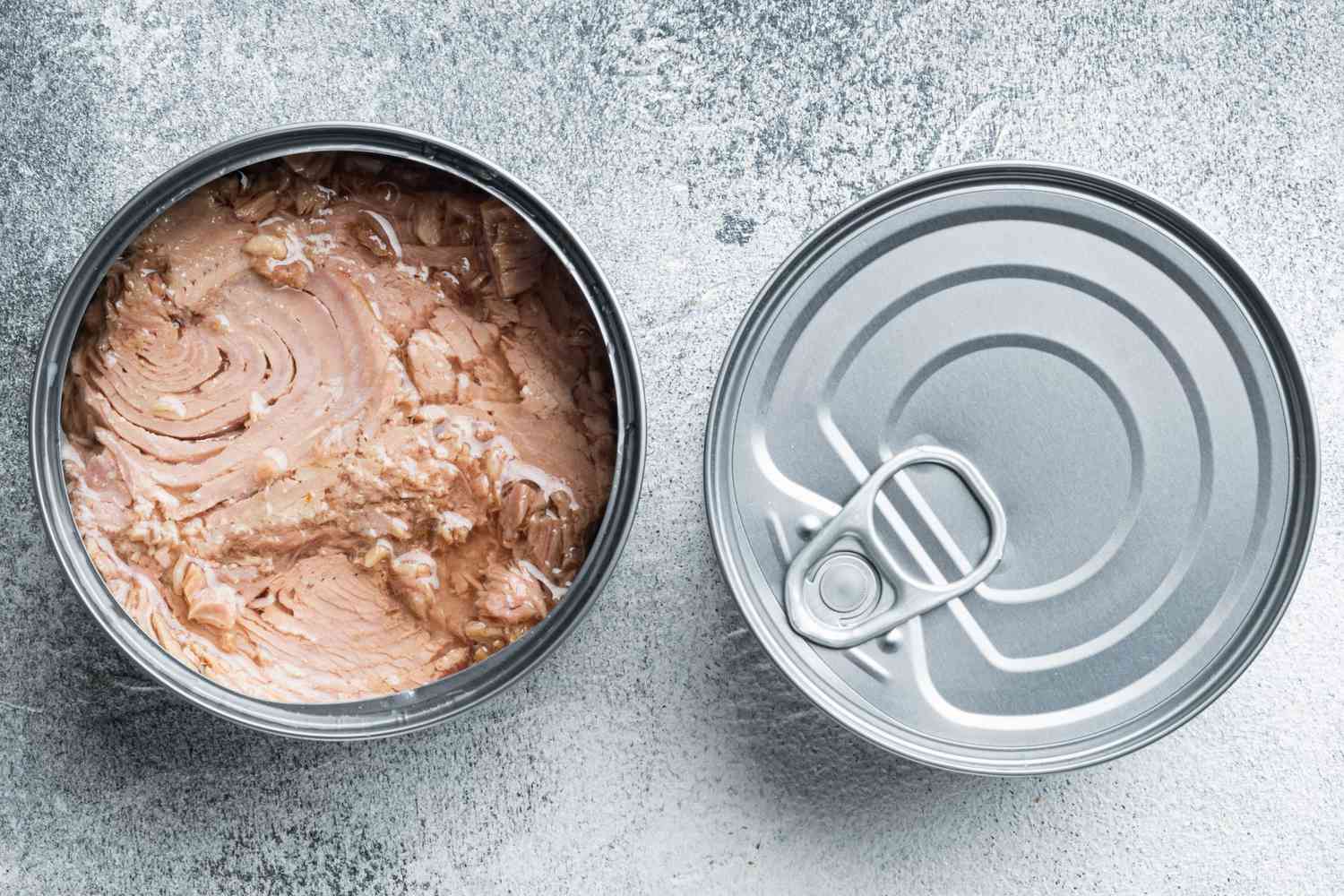Healthy Ways to Enjoy Canned Tuna
When it comes to convenient and nutritious pantry staples, canned tuna is a standout option. Packed with protein, omega-3 fatty acids, and essential nutrients, canned tuna can be a versatile addition to your diet. However, it’s important to consider how you prepare and consume it to maximize its health benefits. Here are some healthy and delicious ways to enjoy canned tuna:
1. Tuna Salad
One of the most popular ways to enjoy canned tuna is by making a refreshing tuna salad. Simply mix canned tuna with diced celery, red onion, and a dollop of Greek yogurt or avocado for creaminess. Season with a squeeze of lemon juice, salt, and pepper for a light and satisfying meal. Serve it over a bed of mixed greens or whole grain bread for a nutritious lunch or dinner option.
2. Tuna Stuffed Avocado
For a creative and healthy twist, consider making tuna stuffed avocados. Cut a ripe avocado in half and remove the pit. Fill the hollowed-out space with a mixture of canned tuna, cherry tomatoes, and cilantro. Drizzle with a splash of balsamic glaze and enjoy this nutrient-dense and visually appealing dish.
3. Tuna and Vegetable Stir-Fry
Integrate canned tuna into a quick and flavorful stir-fry for a protein-packed meal. Sauté your favorite vegetables such as bell peppers, snap peas, and broccoli in a hot skillet. Add canned tuna and a drizzle of low-sodium soy sauce or teriyaki sauce. Serve over brown rice or quinoa for a balanced and satisfying dinner.
4. Tuna and Whole Grain Pasta
Combine canned tuna with whole grain pasta for a hearty and nutritious meal. Toss cooked pasta with canned tuna, cherry tomatoes, spinach, and a splash of olive oil. Season with garlic, crushed red pepper flakes, and a sprinkle of Parmesan cheese for a flavorful and wholesome dish.
5. Tuna Lettuce Wraps
For a light and refreshing meal option, create tuna lettuce wraps. Spoon canned tuna onto large lettuce leaves and top with shredded carrots, cucumber, and a drizzle of tahini or hummus. Roll up the lettuce leaves and enjoy these handheld wraps for a nutritious and satisfying lunch.
6. Tuna and Bean Salad
Combine canned tuna with your favorite beans such as chickpeas or cannellini beans for a protein-rich bean salad. Add diced red onion, parsley, and a simple vinaigrette dressing for a flavorful and filling salad that can be enjoyed on its own or as a side dish.
By incorporating canned tuna into these healthy and delicious recipes, you can elevate your meals with a boost of protein and essential nutrients. Whether you prefer a light salad, a hearty pasta dish, or a refreshing lettuce wrap, canned tuna can be a versatile and convenient ingredient for a variety of healthy meals.











